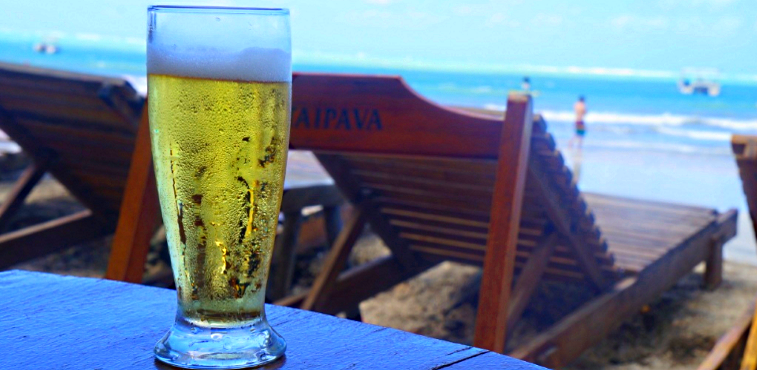Does alcohol really make you fat?

At Team Transformerz, we don’t advise the consumption of alcoholic drinks. But, we know that for many of you they are a good way to cope with rising temperatures, because after all, there is nothing better than an ice cold pint while you watch the sunset on the beach, is there?
Alcoholic beverages also count in your diet, since they contain macro-nutrients, meaning that they also have an energetic value for our body. As you well know, this is the decisive factor for weight loss/gain. Still, when it comes to alcohol, it’s specific amount is not always known. Still, you can perfectly count it, let us explain:
- Alcohol is a carbohydrate, it’s part of the carbohydrates family, it gives us 7kcal per gram, contrasting with its remaining carbohydrates family, which provides only 4kcal per gram
- So, if we decide to drink alcohol, we must take into account the alcoholic percentage of the drink so that we can correctly calculate its nutritional value.
RELATED: WHAT IS REVERSE DIETING?
How can I calculate its caloric value?
This step will depend on the circumstance. Generally, grams of alcohol don’t come labelled as carbs, so we have to calculate them from the alcoholic percentage of the drink (usually it’s on the label).
Example:
Generic beer (250 ml) with 5% alcohol has a total energetic value of 108kcal, with 9g of carbs and 1,1g of protein.
The alcoholic volume allows us to know that 12,5 ml of said beer will be alcohol.
We know that 1000ml of pure alcohol weighs around 791,5g, so, our beer will have around 9,9g of alcohol, which represents 69,3kcal.
It becomes harder to quantify the amount of alcohol when we don’t know its origin, like when we drink a cocktail (various) in a public establishment.
Still, it’s possible to do using generic values³, for example:
1 glass of lemon vodka with 100 ml of vodka (or four English shot measures). If you know that alcohol volume in vodka is around 38&, then, it’ll have 38ml or 30g of alcohol.
So, can alcohol be considered a ghost macro-nutrient?
In a certain way, yes. But even though it’s quantity isn’t explicit, it does have an influence on your caloric intake and should be monitored, since it’ll have an impact on your body and mind. So, alcohol can make you fat, but once again, the determining factor will be its energetic value, its calories. They will dictate weight loss/gain.
It still has other effects, as various studies demonstrate, like alcohol inhibiting protein synthesis, suppressing the anabolic response rate in muscle fibers. This means that it can also affect your workouts, since muscle recovery is put at risk.
That’s why moderation in alcohol consumption is important, be it regarding your diet or your training. Be responsible.
RELATED: POSTERIOR DELTS, ANOTHER FORGOTTEN MUSCLE!
References:
- https://examine.com/supplements/Alcohol/
- http://www.ncbi.nlm.nih.gov/pubmed/24533082
- https://pt.wikipedia.org/wiki/Teor_alco%C3%B3lico
- http://www.ncbi.nlm.nih.gov/pubmed/11584159

